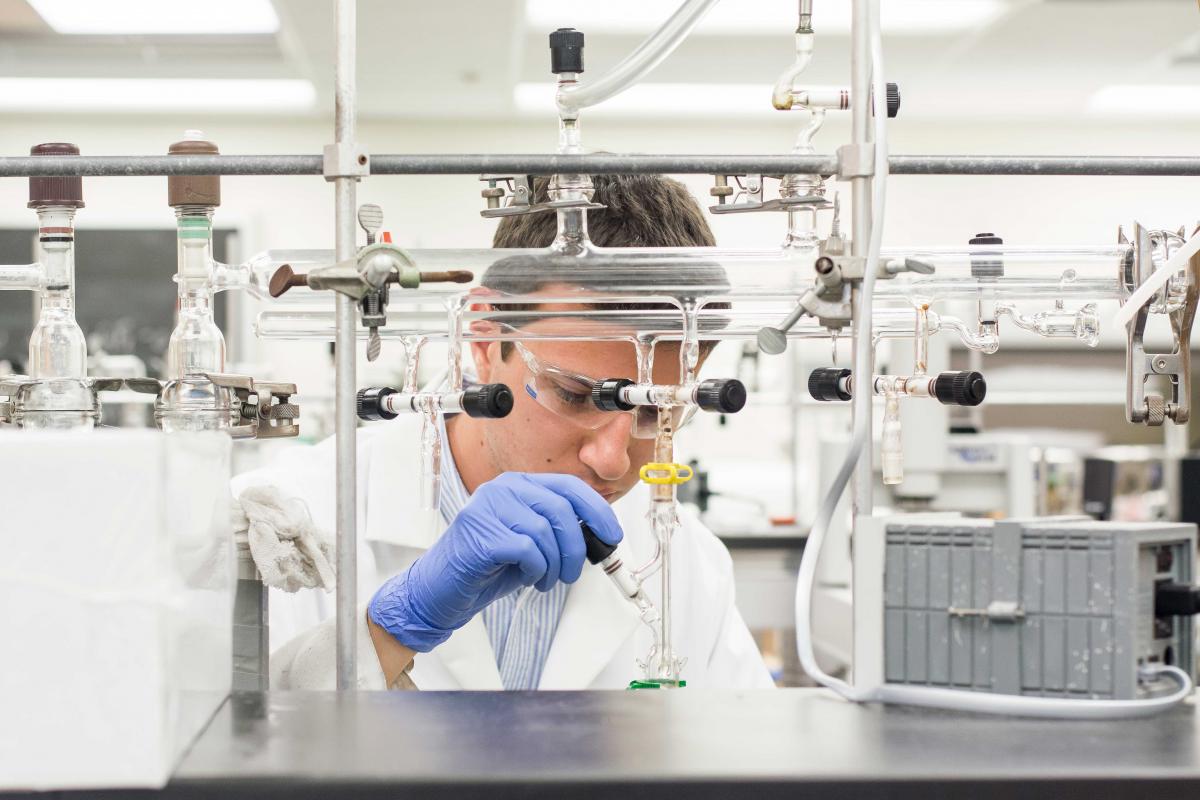Course Descriptions
 Jour 114, Technical Communication (4 credits) summer.
Jour 114, Technical Communication (4 credits) summer.
This online course covers basic tools needed to write about all kinds of science and technical information for academic papers, term papers, proposals, reports (progress, recommendation, lab, research), theses and dissertations. The course involves practice with helpful feedback on definitions, descriptions, cause and effect relationships, process writing, concept maps, graphics, classification, comparison and more. K. Friedman. (Writing Intensive, online)
Jour 115 (ES* 115) Communicating About the Environment (4 credits) occasional.
Introduction to the need for and ways to communicate about environmental issues to laypersons, government officials, journalists, members of the judiciary and technical experts. Explores case studies of good and bad communication about environmental issues. (Social Science distribution credit)
Jour 116 (ES* 116) (HMS*** 116) Environmental Health Risks and the Media (4 credits) occasional.
The course explores the risks and effects of environmental contamination on human health and behavior as well as the role of the mass media in alerting citizens to potential environmental health risks. Scientific methods used to analyze environmental health data are broadly discussed including epidemiology and risk assessment. Also evaluated is how government agencies, industries and environmental organizations use risk communication to discuss possible health risks. Environmental topics vary but usually include air and water pollution, endocrine disrupters and radioactive waste. S. Friedman (Social Science distribution credit)
Jour 123, Basic Science and Technical Writing (4 credits) spring.
Study of and practice in writing about scientific and technical subjects for audiences ranging from the general public to scientists and engineers. Starts with basic science writing for lay audiences, emphasizing organization and clear writing techniques. As the course progresses, material becomes more technical, concentrating on how to write effective technical reports, descriptions, papers and memoranda. It also explores problems of conveying highly complex technical information to multiple audiences, factors that influence science communication to the public, and interactions between scientists and journalists. K. Friedman (Social Science distribution credit, Writing Intensive)
Jour 124 (STS** 124), Politics of Science (4 credits) fall.
Analysis of the multidimensional interaction between the federal government and the scientific community. Explores historical growth of the science-government connection, the scientific establishment both past and present, and the role of scientific advice to the White House and Congress. Also examines scientific ethics, public attitudes toward science, science-society interactions and case studies of scientific controversies. S. Friedman. (Social Science distribution credit)
Jour 125 (ES* 125), Environment, the Public and the Mass Media (4 credits) fall.
Extensive exploration of local, national and international environmental problems and their social, political and economic impacts. Analysis of mass media coverage of complex environmental issues and the media's effects on public opinion and government environmental policies. Examination of environmental journalism principles and practices in the United States and around the world. S. Friedman. (Social Science distribution credit, Writing Intensive)
Jour 231, Science Writing Practicum (1-4 credits).
On-site experience as an accredited science reporter at a major scientific meeting (usually the American Association for the Advancement of Science in February or the Society of Environmental Journalists in the fall), or writing and research in a university laboratory as part of science writing field research program. May be repeated for a maximum of eight credits. Prerequisites: Jour 123, 311, 114 OR 21, junior standing, and consent of program director. S. Friedman.
Jour 311, Science and Technical Writing (3-4 credits) spring.
Same description as Jour 123. Usually taken by seniors for four credits and graduate students for three credits. K. Friedman. (Social Science distribution credit, Writing Intensive)
Jour 312, Advanced Science Writing (3-4 credits) infrequently.
Further practice, on an individual basis, in science writing techniques. Prerequisite: Jour 123, 311, 114 or 314. S. Friedman.
Jour 313, Special Topics in Science Writing (1-4 credits).
Research or writing involving a topic, medium or issue in science, environmental, health or technical communication not covered in other courses. Prerequisite: Eight hours in science and environmental writing or consent of program director. S. Friedman.
Jour 314, Technical Communication (3-4 credits) summer.
Same description as Jour 114. Taken by seniors for four credits and graduate students for three credits. K. Friedman. (Writing Intensive. Online)
Jour 323 (STS** 323) (HMS 323***) Health and Environmental Controversies (4 credits) spring.
Exploration of health and environmental controversies from the dual perspectives of scientific uncertainty and mass media coverage. Includes discussion of the ethical and social responsibilities and interactions of scientists, journalists, and the public. Examines genetic engineering, biotechnology, stem cells, nanotechnology, human behavior research and other environmental and health risks. S. Friedman. (Social Science distribution credit)
For Additional Information: Prof. Sharon Friedman, 209 Coppee Hall, 610-758-4179, smf6@lehigh.edu.
Some courses are cross-listed with other programs and can be taken under either designation.
* ES = Environmental Studies Program
** SST = Science, Technology and Society Program
*** HMS = Health, Medicine and Society Program
